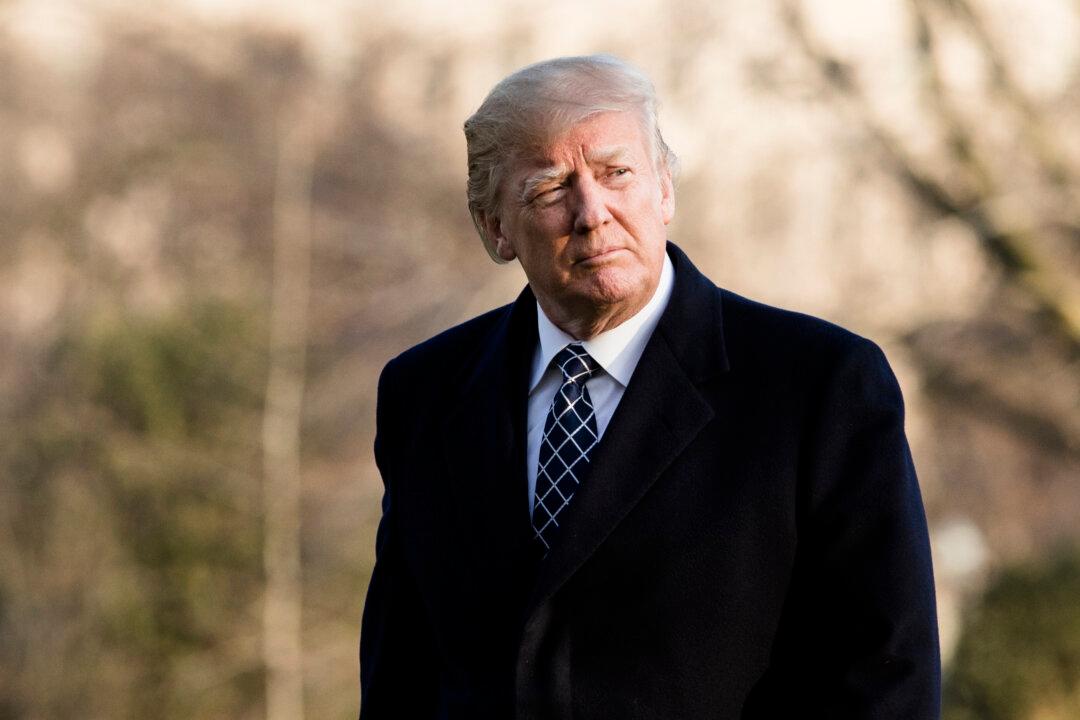A group led by former President Donald Trump’s longtime attorney Jay Sekulow on Monday submitted a legal analysis arguing that the impeachment trial violates the U.S. Constitution.
The American Center for Law and Justice submitted the 45-page legal memorandum (pdf) to the Senate a day before the trial is expected to begin, urging the upper chamber to reject the article of impeachment against Trump on the grounds that the trial is unconstitutional.




